Reducing our meat consumption can have a positive effect on our health and the environment. For a long period of time, in Europe and US, meat and fish were sought to be the only way to get proteins.
As eating too much meat and especially red meat could increase cholesterol level and the risk of colon cancer, it could be interesting for our health to increase our intake of other proteins source.
Not only good for our body, reducing the amount of meat we eat could also lower our footprint. With more than 20% of all gas emissions, meat production is the 2nd biggest sector that impacts our environment. When we know that one hamburger is equivalent to 2400 litres of water, cutting out meat, even one meal per week could have a big impact on the environment.
Hint: We put delicious insects on the list 🙂
1) Hempseeds : 25gr of proteins per 100gr
Hempseeds are among the best source of plant source protein. Hemp is a variety of the Cannabis sativa plant and the seeds contain all the 9 essential amino acids that our body needs. Hempseeds are also packed with fibres and omega-3 fatty acids that could help reduce your blood pressure and help prevent coronary heart disease. With a nutty taste and a soft texture, we add them to our granola recipes and use hemp protein powder to enrich our energy bars.
2) Crickets : 67gr of proteins per 100gr
At JIMINI’S, we love insects in all of their forms! Simply roasted crickets taste like peanuts or sunflower seeds. Eaten by more than 2 Billion people worldwide, the idea of eating crickets in Europe is growing! They are packed with more than 67% of complete proteins, containing all the amino acids and full of iron, zinc and magnesium. Knowing that only 10gr of crickets could provide your daily need of B12 vitamin, that is lacking in non-animal products, wouldn’t you be ready to jump in? They are perfect for being added to a salad, a soup or in a burrito.
3) Kidney beans : 21gr of proteins per 100gr
2016 was declared the international year of pulses by the FAO. We loved them before and after! They well deserve to be present 2 times on our list. There is a large variety of beans that come in all variety of size, shape and colours. We chose the kidney bean! With 20gr of proteins, it could easily replace beef in your favourite burrito. Mix your cooked kidney beans with salsa sauce, onion and tomato and you’ve got a delicious and healthy meal packed with proteins, fibres and minerals. Be careful; kidney beans need to be soaked overnight and properly cooked!
4) Lentils : 25gr of proteins per 100gr
Lentils are delicious and versatile! There are many varieties of lentils and our favourite ones are the red ones. They contain more than 25gr of proteins per 100gr, are delicious and whereas other pulses, they can be cooked in 15 minutes. Red lentils are a perfect match with curry and are high in iron, manganese and B9 vitamin. Healthy, delicious and sustainable! Lentils require few water to grow and are able to “fix” nitrogen from the atmosphere and convert it to nutrients for plants to grow. Lentils lack one of the essential amino acids, so why mix them with our insect pasta to have a high protein and delicious meal?
5) Quinoa : 14gr of proteins per 100gr
Quinoa has been a staple food for people living in South America for millennia. Even if people from Peru and Bolivia benefited from this superfood, we “discovered” it lately in Western countries. With 14% of proteins, no gluten and packed with b vitamins, quinoa is perfect in a salad. In our granola recipes, we used the crispiness of quinoa flakes to boost your energy! If you want to eat locally, quinoa is now also grown in Europe!
6) Almonds : 22gr of proteins per 100gr
Almonds are well-known (and often falsely feared) for their caloric content. With more than 50% of fat, 20 gr of almonds contain 110 calories. But don’t be afraid, they contain essential fatty acids that our body needs and more than 20 of proteins! Also containing fibres, they will be the perfect snack! You won’t be surprised if we tell you that we put almonds in our granolas and bars.
7) Chia seeds : 15gr of proteins per 100gr
A lot of people know that chia seeds are one of the best sources of plant based Omega-3, but few are aware that they are also a great source of protein! With 15 grams of proteins, they are perfect for adding some true smoothness and energy into your smoothies. This seed native from South America is also packed with fibres and vitamin E. You could benefit from this superfood in our bars and granolas.
8) Insect pasta : 18gr of proteins per 100gr
Pasta contains naturally approximately 10gr of proteins. By adding buffalo worm powder, we almost doubled the content of proteins and improve the amino acid profile. As the protein contained in wheat lacks lysine, an essential amino acid, adding insect powder balanced perfectly the amino acid content. With 18% of proteins and packed with iron, you’ll only need some delicious and fresh vegetables to have a healthy and rich meal.
9) Broccoli : 4gr of proteins per 100gr
Broccoli can sometimes be the nightmare of children but they are the perfect food for fitness enthusiasts and health-conscious folks. They are delicious when roasted in the oven or turned into a puree and are full of micronutrients and antioxidants; a true superfood! We often forget that green vegetables contain proteins but with 4 grams of proteins per 100 grams, this is not negligible!
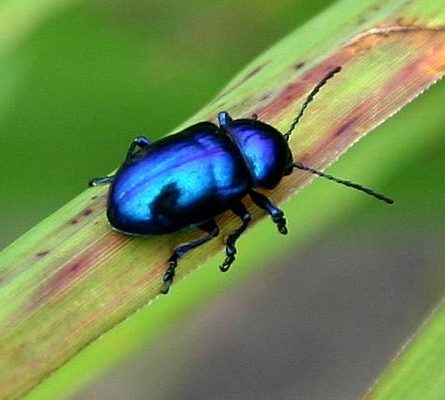
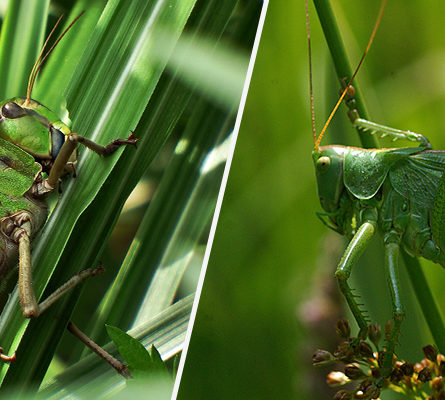
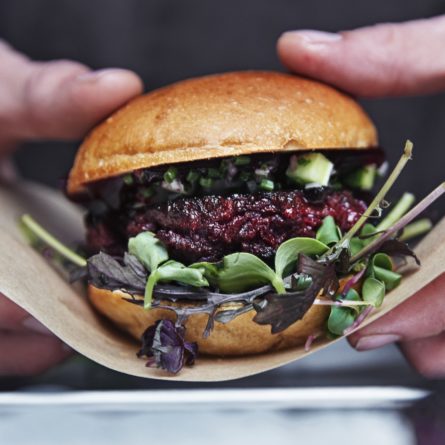
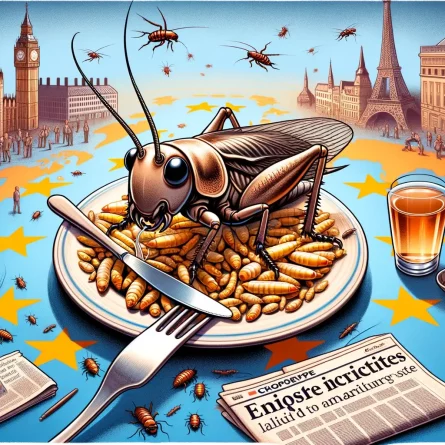
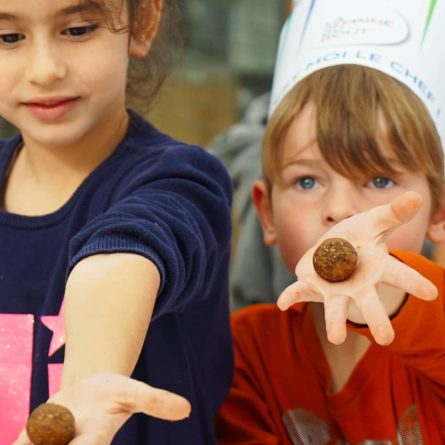
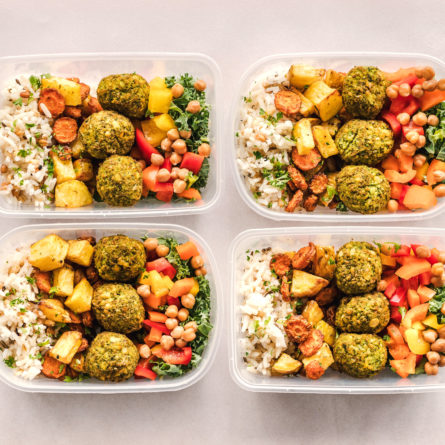
Be the first to post a comment